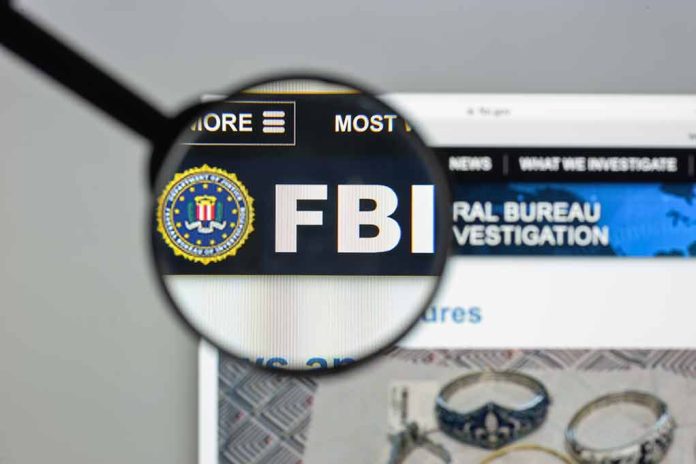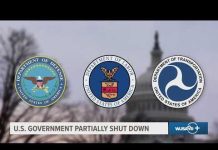
Pam Bondi’s recent decision to disband the FBI’s Foreign Influence Task Force has become a contentious topic due to critics’ concerns about its potential implications on U.S. national security.
Key Takeaways
- The Foreign Influence Task Force, set up in 2017 to investigate election interference, is disbanded.
- The task force aimed to counter foreign meddling, notably Russia’s involvement in 2016 elections.
- Bondi reallocates resources to combat drug cartels and criminal organizations.
- This move could reduce the Department of Justice’s focus on foreign lobbying laws.
- Critics argue it may invite further foreign interference in U.S. affairs.
The Genesis and Purpose of the Task Force
The Foreign Influence Task Force, established by former FBI Director Christopher Wray in 2017, aimed to investigate and mitigate foreign interference in U.S. elections, particularly highlighting allegations of Russia’s influence in the 2016 presidential election. The task force, among other responsibilities, collaborated with various FBI field offices, intelligence agencies, and technology companies. Its objective was to leverage FBI expertise across counterintelligence, cybersecurity, and counterterrorism to safeguard democratic processes.
Wray previously stated, “to identify and counteract the full range of malign foreign influence operations targeting our democratic institutions and our values. The task force now brings together the FBI’s expertise across the waterfront—counterintelligence, cyber, criminal, and even counterterrorism—to root out and respond to foreign influence operations.”
Bondi’s Explanation and Reallocation of Resources
On February 7, reports revealed that Attorney General Pam Bondi directed the FBI to shut down the task force. She explained the decision to disband it by emphasizing the need to prioritize resources towards more immediate national security threats, such as drug cartels and transnational criminal organizations. This decision comes amidst a larger shift in focus within the Department of Justice, which includes reducing regulations on foreign lobbying transparency. Pam Bondi remarked, “to free resources to address more pressing priorities, and end risks of further weaponization and abuses of prosecutorial discretion.”
This shift also marks a decreased emphasis on enforcing the Foreign Agents Registration Act (FARA), an instrument that played a crucial role in previous high-profile investigations, including those led by Special Counsel Robert Mueller.
Criticism
While Bondi aims to streamline DOJ efforts, the decision to dismantle the task force has drawn criticism from some quarters, including former FBI and DOJ officials. Concerns have been voiced that this move could allow foreign powers unfettered access to influence operations within U.S. borders. Critics argue that reducing focus on foreign lobbying could embolden those aiming to interfere in American affairs without significant repercussions.
As the debate continues, the directive not only affects the DOJ’s current focus but also stimulates significant discourse on America’s approach to national security in the context of foreign interventions. The balance between addressing immediate national threats and preserving election integrity remains contentious.
Sources
- Trump Attorney General Orders FBI to Shut Down Foreign Election Interference Task Force: Report
- DOJ disbands foreign influence task force, limits scope of FARA prosecutions
- Bondi ends FBI effort to combat foreign influence in U.S. politics













